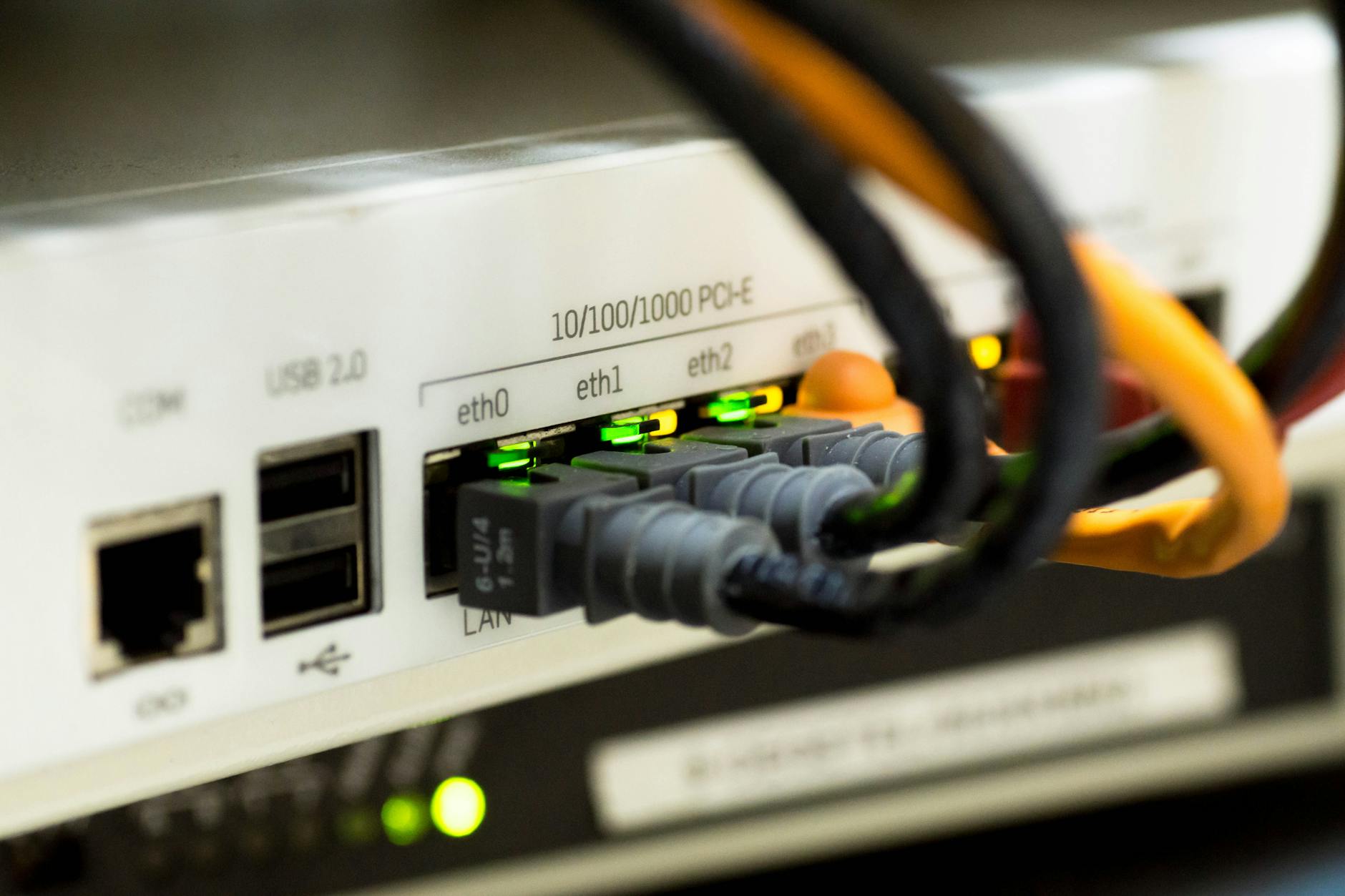OK, just catching up as I finish the install of the new office and home networks. Here are some more super useful Mac utilities:
* “Wireshark”:http://wireshark.org. This is a protocol analyzer that used to be called Ethereal before trademark problems. You use it to get really deep information about what is actually happening at the wire level. Good for seeing what packets are moving. Kind of a nerd tool, but useful if you are wondering if Mail.app is actually talking to a server and is it using SSL as an example.
* “Eavesrop”:http://www.baurhome.net/software/eavesdrop/index.html. If you want something a little less nerdy, this utility just listens in on TCP conversations rather than everything on the wire, so you can debug just one connection rather than seeing everything leaving your machine.
* “Network Utility”:http://en.wikipedia.org/wiki/Network_Utility this is hidden away in the /Applications/Utilities folder and puts a nice user interface on a bunch of Unix utilities like netstat to see how your network is working, ping to see if you can send a packet to someone, traceroute to see how your packets are traveling, port scan to look at open ports at a particular IP address, whois to ask who owns a particular domain name.
* “Nmap”:http://nmap.org is the definitive network scanner that looks throughout your network for what devices there are. It is from Unix land, so to install it you have to have darwinports or fink. Nmap is the command line utility while Zenmap is the graphical front end. Once you’ve installed Darwin, “Wolfgang”:http://wolfgang.reutz.at/blog/2007/03/27/os-x-survival-kit-darwin-ports-packages/ says the commands are easy, which is to start /Applications/Utility/Terminal.app and run _sudo port install nmap_. There are lots of options, so see the official guide at “nmap.darwinports.com”:http://nmap.darwinports.com
* “Darwinports”:http://darwinports.com. This and the other project Fink automatically over the Internet give you access to all the freeware that is available for Unix. Darwin BTW if the codename for Mac OS X and so you can be cool and say Darwin and mystify your friends when they ask what operating system you use. Pretty easy, you install it and then start Terminal and run “sudo port -d selfupdate” and it downloads all the pointers to the latest stuff on the Internet that works on your Mac. It’s amazing but the core of OS X is actually availabel in source code, see “opensource.apple.com”:http://opensource.apple.com. For the geeks out there, Mac OS X is built on top of Mach 3.0 and FreeBSD 5. You also need to install “XCode”:http://developer.apple.com/tools/xcode which is included with every copy of OS X but not installed by default, this gives you compilers and all the tools that you need to build your own open source.





